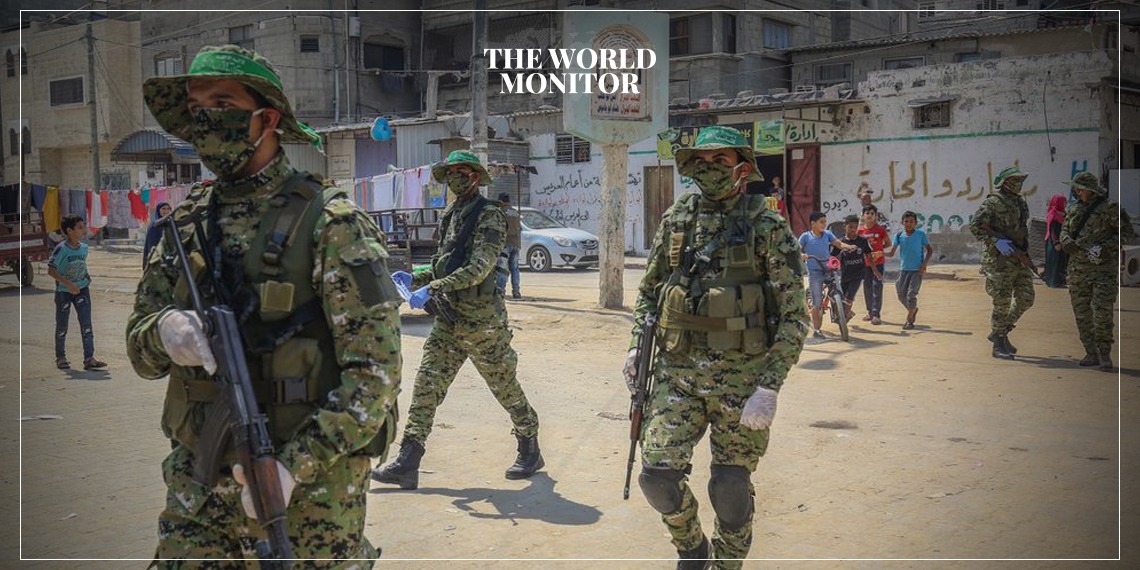Israel is gearing up to evacuate more than one million Palestinians from the city of Rafah as it plans to launch a ground attack on Hamas in the southern Gaza Strip. These Palestinians, living in dire conditions after fleeing from the north due to Israeli bombing, face an uncertain future.
Relief agencies have warned that a military assault in such a densely populated area could result in significant civilian casualties. The United Nations Relief and Works Agency for Palestine Refugees (UNRWA) expressed uncertainty about the duration of this “highly dangerous operation.”
UNRWA Commissioner-General Philippe Lazzarini stated, “There is a growing sense of concern and panic in Rafah as people have no idea where to go.”
On Friday, Prime Minister Benjamin Netanyahu’s office announced that the military had been instructed to plan for the “evacuation of residents and the destruction” of four Hamas brigades reportedly stationed in Rafah. The statement highlighted that Israel’s goal of eliminating Hamas militants could not be achieved as long as these units remained intact.
The announcement came just two days after Netanyahu rejected a Hamas-proposed ceasefire, which included the release of hostages held by the group.
The United States, Israel’s principal supporter, stated it would not endorse any military operation that fails to protect civilians. Israel was reminded of its obligations under international law to comply with American security directives related to the use of US-supplied weapons.
White House spokesperson Karine Jean-Pierre assured reporters, “There are no new standards in this memo. We are not imposing new criteria for military aid.” She added that the Israelis had affirmed their readiness to provide such assurances.
Over a million people who fled southward after four months of Israeli bombardment are now crowded into Rafah and its surrounding areas near the coastal enclave’s border with Egypt, which has heightened security measures to prevent a mass exodus.
Doctors and relief workers struggle to provide essential aid to Palestinians sheltering near Rafah. Many are trapped at the border fence with Egypt, living in temporary tents.
After initially storming northern Gaza in response to a Hamas attack on October 7, Israeli forces have shifted their assault southward towards Rafah.
The United Nations insisted on Friday that civilians in Rafah must be protected and warned against any mass forced displacement, which it deemed a violation of international law.
Jan Egeland, Secretary-General of the Norwegian Refugee Council, warned against warfare in a massive refugee camp, cautioning of a potential “bloodbath” if Israeli operations extend there.
The Palestinian presidency condemned what it described as Netanyahu’s plans for a military escalation in Rafah as an attempt to displace the Palestinian people from their land.
Mahmoud Abbas’ office, President of the Palestinian Authority, stated, “The occupation’s move threatens security and peace in the region and the world, crossing all red lines.”
An Israeli official, who requested anonymity, mentioned that Israel would attempt to organize the relocation of displaced individuals in Rafah back to the north, from where they had previously fled, before any military action in the area.
The Gaza Health Ministry confirmed that at least 27,947 Palestinians have been killed and 67,459 injured since the war’s onset.
According to Israeli statistics, the war began after Hamas militants killed 1,200 people and took 253 hostages on October 7.
In another sign of the war’s impact, one in ten children in Gaza under five suffers from acute malnutrition, according to preliminary UN data, which reveals children’s wasting levels.
The charity ActionAid reported that some people have resorted to eating grass, with everyone in Gaza now facing hunger and access to only 1.5 to 2 liters of non-potable water per day for all their needs.






